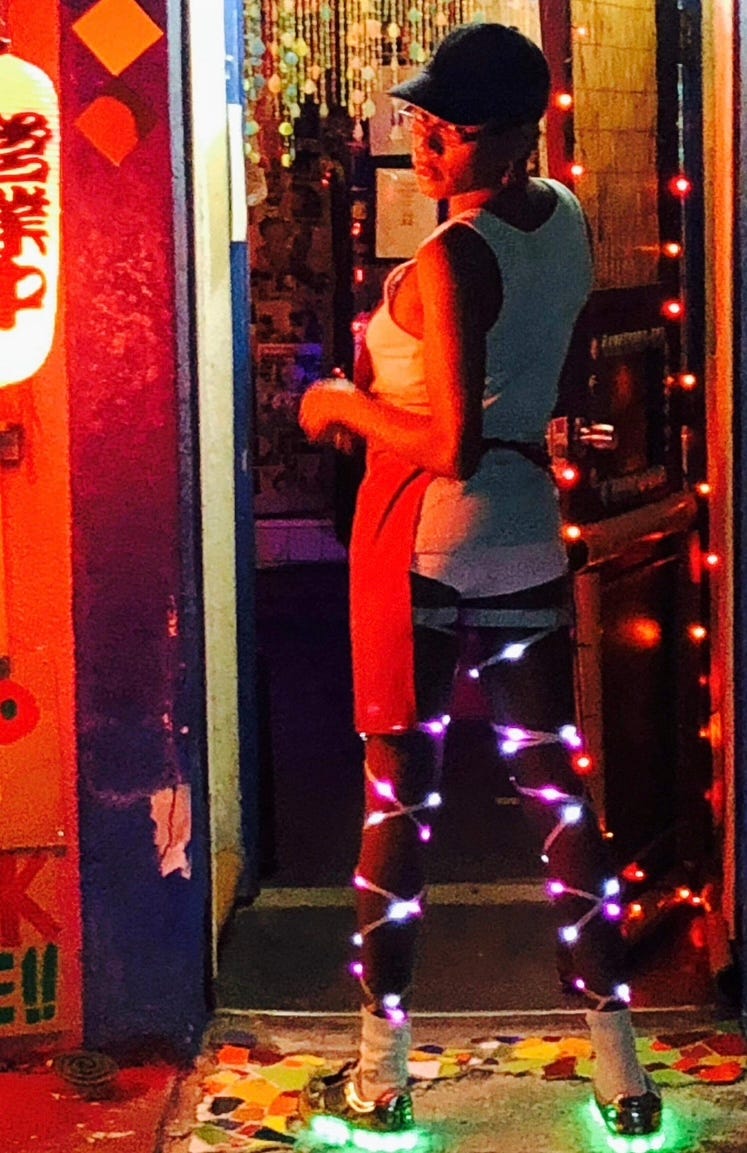Japan before the 2019 pandemic
Japan is known for many reasons, mostly cultural. There are opportunities for foreigners in teaching jobs, entertainment, recreation, and tourism. However, one of Japan’s most fascinating social norms must be their partiality to wearing face masks.

Face mask-wearing in Japan has always been a mystery to foreigners. It is my understanding that the practice was introduced to encourage polite consideration for fellow nationals, in what is by all accounts an already extensively structured society. Face masks in Japan aim to prevent the spread of influenza and more importantly are worn by those concerned with harmful particles in the air emanating from the nuclear powerplant catastrophe of 2011.
So now we know.
English language teaching jobs for foreigners in Japan revolve around native English speakers. But job longevity is not guaranteed in Japan, and neither is career advancement. Lack of job security is not exclusive to foreigners in Japan, as even the locals face the prospect of unemployment. Foreigners are encouraged to work in Japan with the unspoken understanding that this is only temporary. Outsiders are expected to use their teaching position as a stepping-stone to greener pastures and not as a permanent station. It has been said that a guest is like fish and that like fish guests start to smell or overstay their welcome after 3 days; thus, lingering in the same office is ill-advised. In Japan, the average English-teaching foreigner has been known to lose his appeal in the workplace within three to four years.
Entertainment and recreation in Japan are often one and the same.
At night, the Japanese trade their daily grind or monotonous life, imposed by strict social norms, with nightlife entertainment strongly reminiscent of a giant, neon light-lit, adult carousel. It is not unusual for the Japanese to become so inebriated, whilst roving from one drinking spot to another, only to pass out cold on the street pavement. The fact that Japan is a relatively safe habitat ensures that drunken, public, and comatose occurrences remain relatively unchecked. Over the years, these drunken spectacles have become to many, an endearing aspect of Japanese society.
Tourism in Japan is accepted by the general indigenous population as a necessary evil. That is not to say that the Japanese are not welcoming. On the contrary Japanese people are some of the most welcoming people in the world. Foreigners in Japan should however continuously reassure the natives of their impending departure from Japan. Thus, the foreigner is reassuring the Japanese that they do not intend to stay and risk upsetting the Japanese precariously balanced social programming. for More on Japanese tourism please see “Easy Japan” by Aurora Mizutani.
But how do these Japanese pre-pandemic standpoints relate to the future of international travel and tourism in Japan, with the post-pandemic travel restrictions we see being implemented?





Comments
Post a Comment